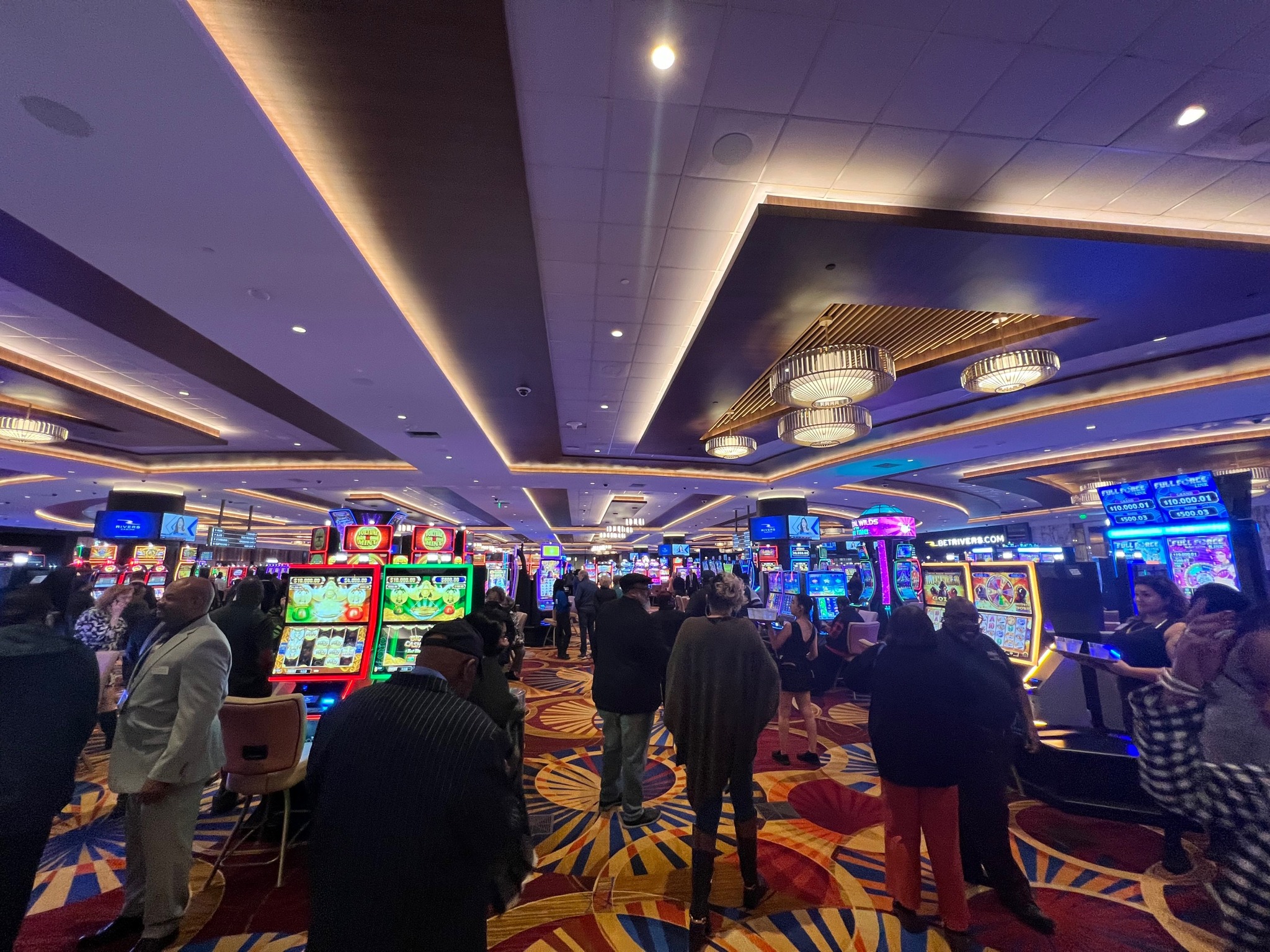Diving Into Tabletop Games: More Than Just Chance
When we think of gambling games, the first images that frequently come to mind are those of spinning roulette wheels, card chips clattering on felt surfaces, and dice flying across a gaming area. While numerous consider these activities as mere hobbies fueled by luck, a more profound exploration reveals a captivating blend of tactics, expertise, and community engagement that raises them far beyond basic luck. Whether you are a experienced player or a curious newcomer, understanding the nuances of these games can significantly enhance your enjoyment and appreciation.
Casino games have developed over centuries, with different cultures contributing to their diverse backgrounds and variations. From the intricate strategies of 21 to the deception tactics in card games, players engage in a battle of intellect as much as a gamble on numbers. This exciting interplay between luck and skill creates a thrilling atmosphere that draws countless people to casinos worldwide. As we explore the realm of card games, we will reveal the methods that can shift the odds in your advantage and the social aspects that make these games a favored choice for leisure and interaction.
A Approach of Table Gaming
Table games frequently combine a mix of ability and chance, making them fascinating for players who like a challenge. Each title has their own set of rules and strategies that can influence the results. For example, in titles like blackjack, players are required to use strategies like counting cards and grasping the probabilities to make smart decisions. This expertise can significantly improve their victory potential, differentiating experienced participants from beginners who may rely solely on chance.
Conversely, games such as roulette may seem to be entirely based on chance, but strategic thinking can also play into the equation. Participants can select between different betting strategies, such as the Martingale system, in which they increase the bets after a loss. This method can create a more methodical approach to the activity. Understanding the odds of specific wagers can also assist participants make smarter decisions on the roulette table, demonstrating that even titles of luck, tactics can enhance the enjoyment.
Additionally, the game of poker stands out as a title that heavily emphasizes strategy. In contrast to most casino games, the game of poker merges ability, mental acuity, and luck. Participants must also concentrate on the hands they are dealt but also consider their opponents actions and wagering patterns. Mastering principles like table position, pot odds, and reading bluffing is essential for winning. This complexity of tactics in poker often leads to a more engaging experience for participants, where their decisions and abilities greatly impact the game’s results.
Grasping Chance and Odds

In the world of gambling matches, probability and odds play a critical role in determining a player’s possible consequences. Every game has its own set of guidelines that define how the chance of succeeding or losing is measured. For case, in matches like 21, participants have a opportunity to affect their ratios through tactics, whereas in games like roulette, the outcomes are entirely governed by luck. Comprehending how these chances are measured can greatly affect how a gambler approaches the match.
Ratios are typically presented in two formats: ratio and numeric. Fractional ratios represent the ratio of the sum won to the sum bet, whereas numeric ratios show the total payout for a winning wager, including the initial bet. For example, if a game has odds of 5 to 1, this implies that for every one unit staked, a player could win five units if they win. Understanding how to understand these odds allows gamblers to assess their possible earnings and formulate more informed choices during play.
Players should also be conscious of the house edge, which is the casino’s inherent benefit over the players. Each match has a distinct advantage, and comprehending this idea is essential for controlling one’s hopes and bankroll. Activities with a lower house edge, such as 21 and chemin de fer, typically offer better ratios for gamblers compared to activities like slot machines and keno. By understanding the connection between chance, odds, and the house edge, gamblers can improve their gambling engagement and strategize more efficiently.
The Social Aspect of Table Gaming
Casino games at casinos are often seen as a center of community engagement, drawing players together in a collective experience that extends far beyond the mere act of playing games. The atmosphere at a blackjack table can be vibrant, with players engaging not only with the game itself but also with each other. Laughter, excitement, and, sometimes, playful teasing create connections that enhance the overall enjoyment of the gaming experience. This communal aspect can turn a solitary endeavor into a lively social event, making casino games particularly appealing. game bài
One of the intriguing elements of gaming at tables is the way it fosters camaraderie among participants. Whether it’s teaming up to beat the dealer at a craps table or exchanging tales between hands in a poker game, the environment encourages communication. Participants often share advice or strategies, creating a sense of community that boosts the fun. This interpersonal atmosphere can make new players feel welcomed and less daunted by the competitive nature of casino games. As the game progresses, friendships may form, leading to a sense of belonging that keeps players returning to the table.
Moreover, the social aspect of gaming at tables extends beyond just the players. Casino staff play a vital role in encouraging interaction and maintaining the flow of the game. Their ability to engage players with friendly conversation and their expertise in managing the table can create an inviting atmosphere. This relationship between participants and staff adds another layer of enjoyment, where players feel connected not only to one another but also to the staff. Such interactions are often what make the experience unforgettable, as players leave with stories to tell and connections made, reinforcing the notion that table games are truly about more than just chance.